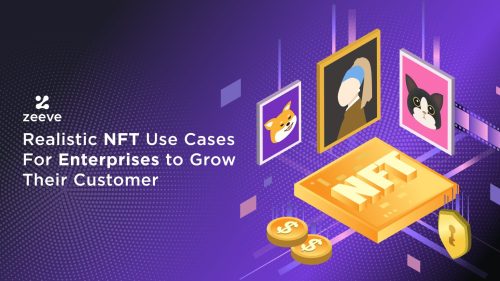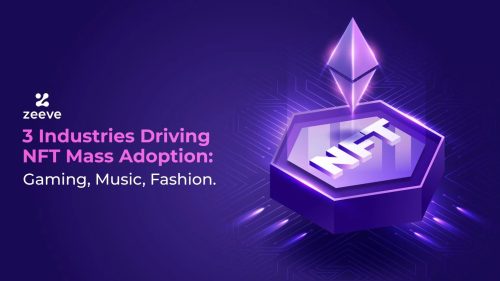Blockchain Applied to Metadata in Music
Metadata is the information tied to a particular song in published form that includes the artist, album and track titles, producers, record label information, and helps determine who holds what rights over that song. Metadata is supposed to accompany tracks in all their digital forms, but is easily removed by people with criminal intentions and the software to do so, which leaves artists without credit or compensation for their work. Blockchain’s smart contract feature can dictate exactly how much money each party is due, and ensure they are granted their respective compensation. Logging songs with the correct metadata on the blockchain creates an infallible record of who is owed how much money for every transaction involving each specific song, and using a blockchain-based currency immediately ensures that every one of those parties is guaranteed that sum.
Blockchain allows artists to cut out any sort of middle-man between them and their fans; metadata recorded on the blockchain with a song serves the purpose of a publishing firm (one which the entire world accepts as accurate and valid. There are different publishing records around the world and there is no reason for any of them to accept data from another record), smart contracts ensure artists are compensated more fairly than a record label would.
A smart contract could allow artists to stipulate that fans who actively shared that artist’s music automatically receive some amount from the revenue associated with that song. This feature could allow a tighter relationship to develop between an artist and her fans, and incentivise cooperation and outreach by both parties.
Blockchain’s smart contract has already been used practically by an artist named Imogen Heap, who partnered with a startup called Ujo Music to give fans the option to purchase a song with Ether. Fans who made this purchase with the cryptocurrency gave more money to the artist via the smart contract feature. This experiment proved that music can be sold with more accountability and transparency using blockchain.






Responses